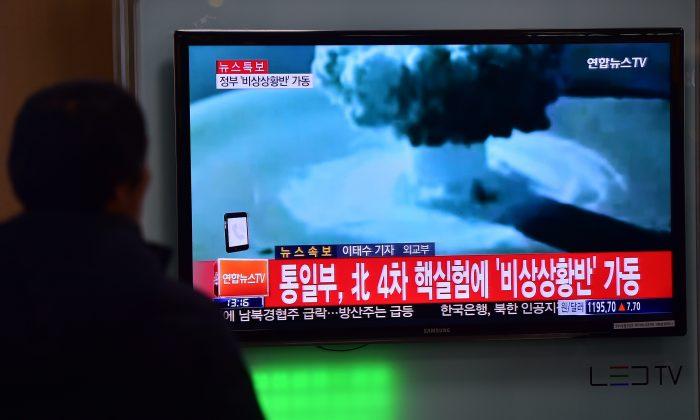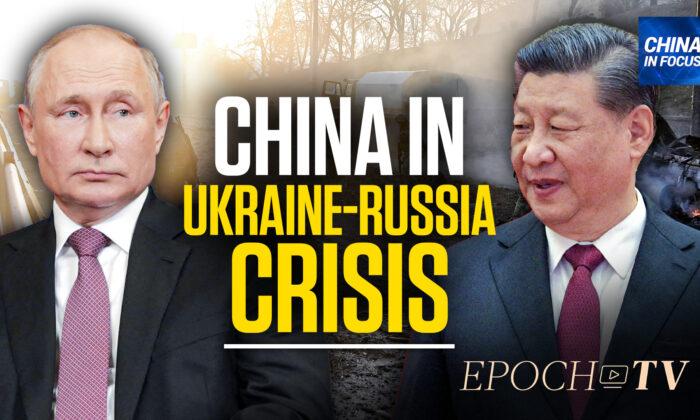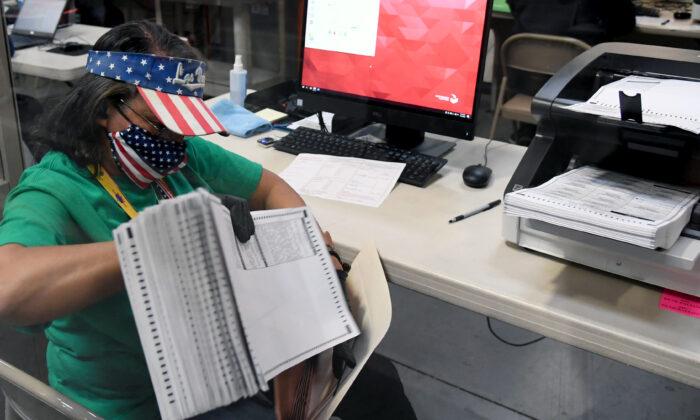After North Korea conducted a test on Jan. 6 that it claims was of a hydrogen bomb, the Chinese regime departed from its past practice of defending the isolated nation. According to South Korea media reports, the Chinese regime has imposed sanctions, and its diplomatic language toward North Korea has taken a sharper tone.
Asia Today Korea, a South Korea-based online news website, reported on Jan. 9 that China has leveled sanctions on North Korea, according to the Chinese-language Duowei News.
First, the Chinese regime is said to have implemented a tough crackdown on illegal trading along the China–North Korea border. Merchants of two countries can exchange their goods at the border as usual, but Chinese guards have strengthened their monitoring of trade.
Also, in Dandong, the largest Chinese border city, which faces Sinuiju, North Korea, across the Yalu River, the red tape needed to go through customs has been strengthened. The city accounts for 70 percent of the total trade between the two countries, and it is also a site where tourism flourishes.
Last, the Korean media outlet Newsis claims that according to the Hong Kong-based Information Center for Human Rights & Democracy, after North Korea’s bomb test China added 3,000 more troops at the border in case the situation deteriorates.
The sanctions put in place by the Chinese regime appear to be more of an inconvenience and a threat than an actual punishment. North Korea depends heavily on its trade with China, and these sanctions are a reminder that this trade can be cut off.
Of perhaps greater significance is the new language that China has adopted.
A commentary article from JoongAng Ilbo, a South Korea-based daily newspaper, states that the nuclear arms provocation from North Korea has changed China’s old attitude. In response to previous nuclear tests by North Korea, China has always urged “all interested sides preserve calm and restraint” when there is a challenge from North Korea regarding nuclear weapons.
On Jan. 6, in a statement made by Hua Chunying, spokeswoman for China’s Foreign Ministry Information Department, no appeal for preserving calm and restraint appears.
Also, in the past China has frequently urged that the nuclear problem on the Korean Peninsula be solved through “peaceful conversation and negotiation.” Not this time.
After China used its new language on Jan. 7 at the U.N. Security Council emergency meeting in New York, a member of the South Korean Ministry of Foreign Affairs is reported to have commented: “China has never before made such statements about North Korea. As far as I know, China, which was stabbed in the back by North Korea, has never been unhappier.”





Friends Read Free